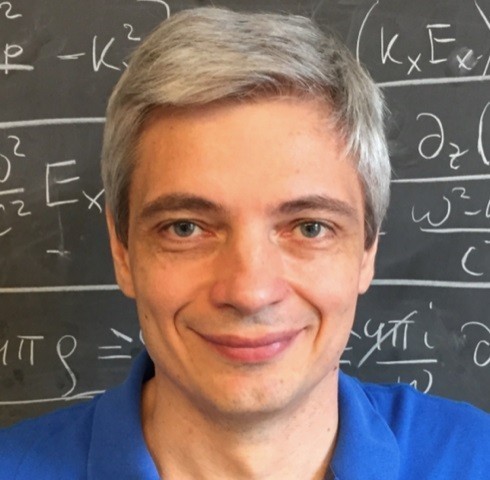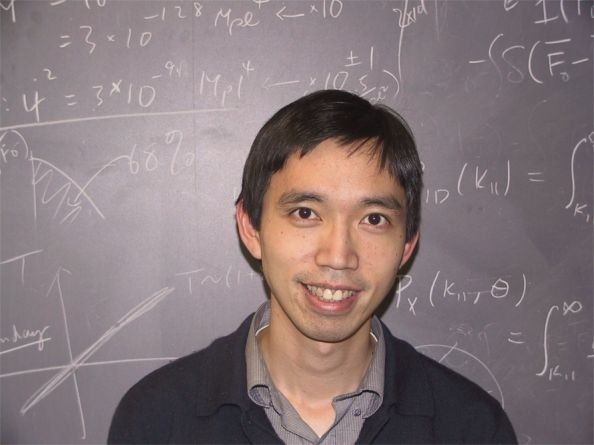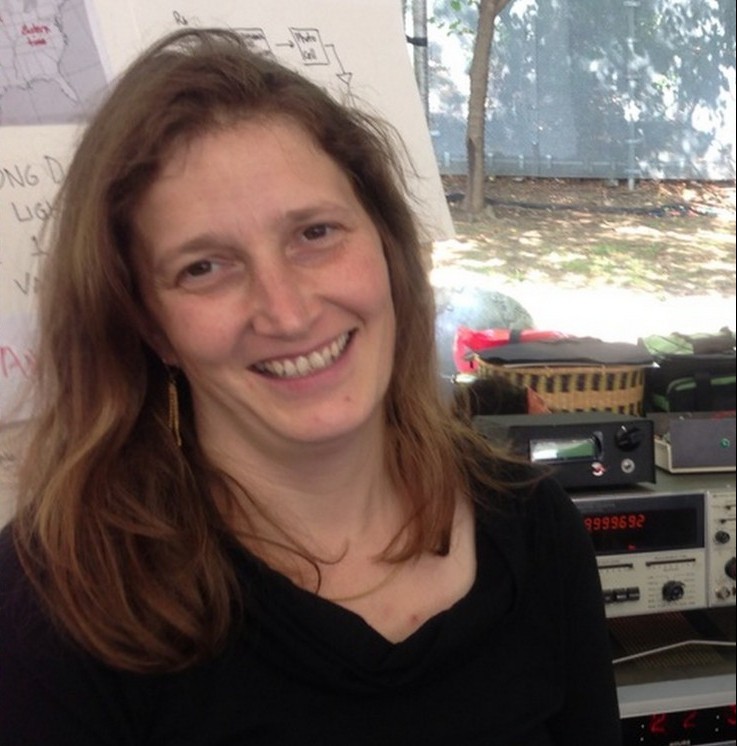Astrophysics, Gravitational Wave Physics and Cosmology are closely related fields pertaining to the present status of the universe (Astrophysics) and its early history (Cosmology). Gravity, of course, plays a dominant role in the formation and current state of the universe and, and the observation of gravitational waves by LIGO in 2015 solidified the study of Gravitational Wave Physics. Following this initial detection of gravitational waves, the subsequent observation of the electromagnetic output from neutron star binary collisions has opened the door to multi-messenger astrophysics, where a single astrophysical event is observed in a wide-range of electromagnetic frequencies as well as by its emission of gravitational waves. Astrophysics, the study of black holes, neutron stars, gamma ray bursts, and other novel physical objects and processes in the universe, has seen tremendous improvement in the capabilities of observational techniques in the last 10 to 20 years. New generations of Cosmic Microwave Background (CMB) experiments are planned and being built, which will lead to ever more precise measurements of the CMB and the imprint of the early universe that it carries.
For further details, visit the Columbia Experimental Gravity Group (GECo) and Columbia VERITAS Group pages.
Affiliated Faculty

Elena Aprile
Research Interest

Andrei M. Beloborodov
Research Interest

Charles J. Hailey
Research Interest

Zoltan Haiman
Research Interest

J. Colin Hill
Research Interest

Lam Hui
Research Interest

Janna J. Levin
Research Interest

Yuri Levin
Research Interest

Szabolcs Marka
Research Interest

Zsuzsanna A Marka
Research Interest

Morgan May
Research Interest

Brian David Metzger
Research Interest

Knut Dundas Mora
Research Interest

Reshmi Mukherjee
Research Interest

Shivam Pandey
Research Interest

Kerstin M. Perez
Research Interest

Oliver Henry Edward Philcox
Research Interest

Daniel Wolf Savin
Research Interest

